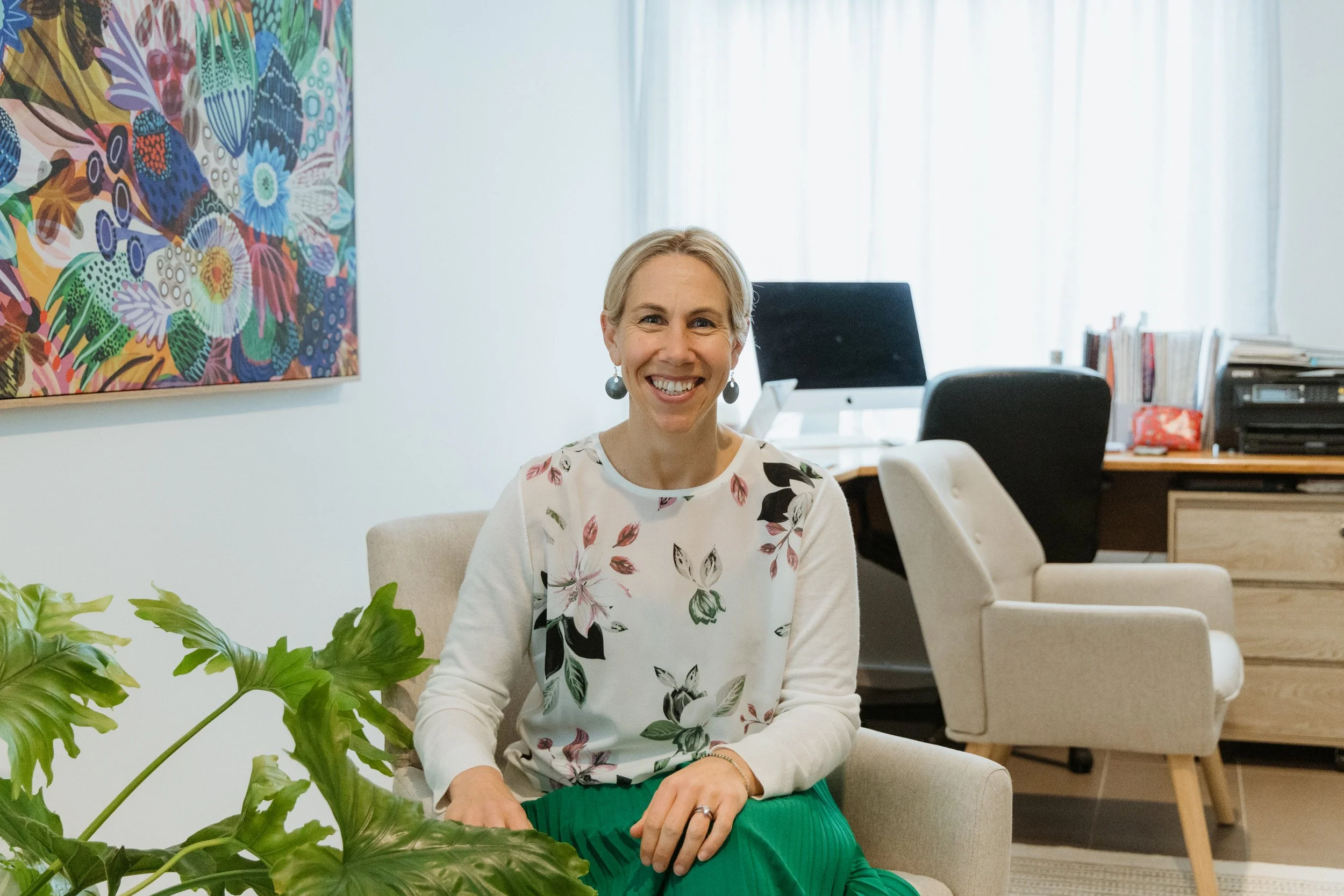
“Surfcoast Naturopathy aims to help people of all ages find optimum health and wellbeing whatever your situation or life season.
Through personalised assessments I work to understand underlying issues that may be causing ill health or lack of wellbeing. Individualised treatment plans are designed to help resolve these issues through therapeutic use of herbs, nutrition, lifestyle, energetics including homeopathy & flower essence.
I focus on quality, effective, evidence-based, safe approaches to health care and wellbeing.”
Sarah Moscrop, Surfcoast Naturopathy Practitioner
Naturopathic Practitioner
“Hi I’m Sarah. I have first-hand, personal experience of how natural health care therapies can practically and realistically be incorporated into your lifestyle; making positive changes towards a happier, healthier more productive life.
I am passionate about how natural health care can help you ride the waves of life, assisting you to be the best you can, whatever your situation or season.”
Sarah Moscrop
Qualifications and Awards
Bachelor Health Science Naturopathy (BHSc Naturopathy)
Bachelor Environmental Science (BSc Environmental Science)
Member of ANTA (Australian Natural Therapists Association)
SIBO Food Roadmap Certified Practitioner
ANTA Graduate Award for Academic Excellence 2020
Level 2 first Aid Certificate
Working with Children Check


Do you suffer from:
Digestive issues such as, constipation, diarrhoea, abdominal pain, excessive flatulence and or bloating, heart burn, food intolerances or allergies?
Stress and stress related symptoms such as, insomnia, unrefreshed sleep, fatigue, headaches, migraines, anxiety or depression?
Respiratory issues such as, the common cold, sinusitis, ear infections, tonsilitis, asthma, hayfever?
Skin conditions such as, eczema, psoriasis, acne?
Genito Urinary tract issues such as, cystitis, thrush?
Cardiovascular and Endocrine issues such as, high blood pressure, haemorrhoids, thyroid, adrenal or blood sugar issues?
Pre-menstrual, Menstrual or Menopausal concerns?
Surfcoast Naturopathy can help.
Services
Testimonials



















